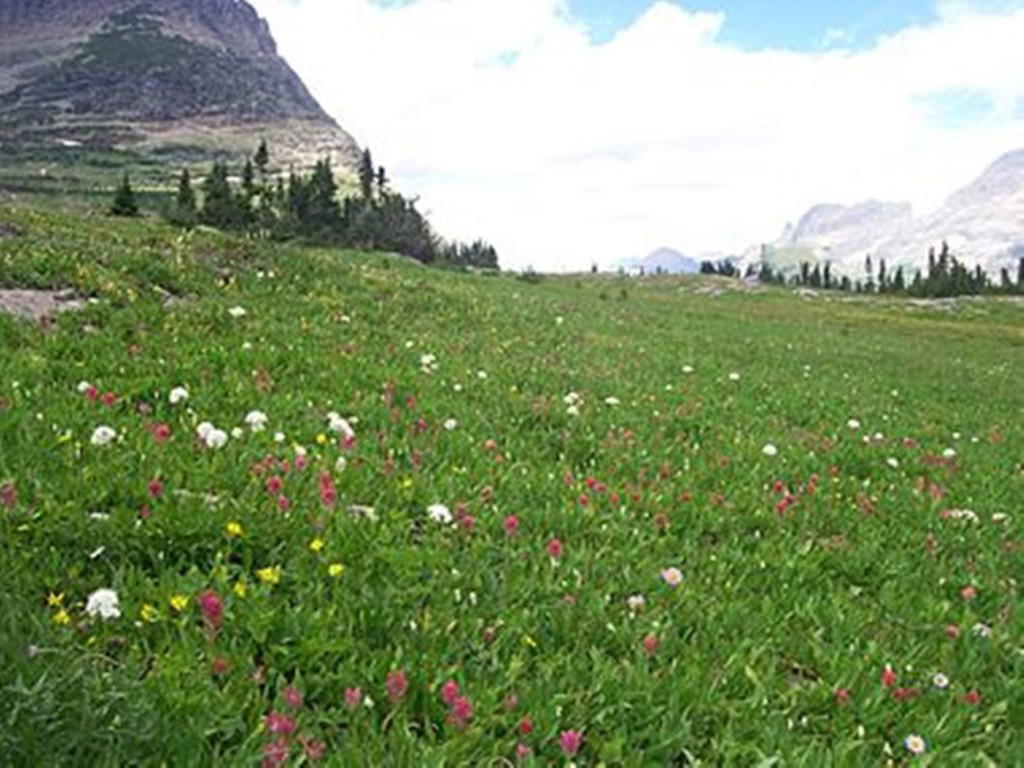By Sola Ogundipe
For many residents of Lagos Island and Apapa, two coastal areas vulnerable to flooding and sea-level rise, climate change is no longer an abstract debate on global platforms.
Thanks to a new pilot project led by the Lagos State Civil Society Participation for Development (LACSOP) with support from Bread for the World (BfdW), implementing the Citizens-Led Accountability Mechanism for Mitigating Climate Change Impact (CLAIM), the youth and community stakeholders are mobilised to confront critical environmental challenges.
At a validation workshop held in Lagos, stakeholders from the affected communities sat side by side with civil society representatives to scrutinize a draft manual on climate change adaptation, towards ensuring the document reflects the lived realities of the people.
A Director of the Ocean and Coast Programme at Nature Care Resource Center, Dr. Olushola Adeoye, said the initiative seeks to shift perceptions from mystical causes to practical solutions.
Adeoye said the manual will serve as a training tool for communities, but first, it must be validated by the very people it is designed for.
“If you are aware of the problem and you know the source, it becomes easier to address it. Climate change is not mysterious or spiritual; it is real, and it affects us every day.
“This is their product; if it doesn’t reflect their knowledge, language, or reality, then we have failed. We want the content to be clear enough that everyone – from the market woman to the young carpenter – can understand and act on it. The feedback we get here determines whether we go forward or start afresh.”
Adeoye emphasised the importance of starting with awareness. Many communities, he said, still misinterpret environmental challenges as spiritual problems. “Changing our way of life is part of adapting; that is how we can continue to have a livable Lagos.
“We want Lagos communities to stop being passive victims of climate change and start being active agents of adaptation. That’s how we build resilience, one community at a time.”
Participants at the workshop were drawn from across the two pilot communities. Market women, youth between 18 and 35, and small-scale business owners voiced their perspectives. Government representatives also joined, recognizing themselves as part of the community fabric.
The Project Manager of the Citizen-Led Accountability and Inclusion Mechanism (CLAIM) Project, Ms Omolara Olusaye, explained that the pilot, launched in May, is working in two flood-prone communities, Lagos Island and Apapa.
“The 18-month project, coordinated by LACSOP, will run until September 2026. It aims to build a cadre of youth leaders who can sustain climate action beyond the project’s lifespan.
“We are engaging young people between the ages of 18 and 35 because we believe they can serve as climate change advocates within their communities,” Olusaye said.
Further, she noted that the workshop focused on refining a training manual designed to equip youths with the knowledge and tools to mitigate climate impacts.
“Participants will be empowered to monitor environmental practices, raise awareness on proper waste disposal, and push for policy action at the local government level.
Olusaye stressed that many of the flooding issues are man-made, worsened by indiscriminate waste disposal.
“The CLAIM Project, coordinated by LACSOP, is a pilot in Lagos Island and Apapa aimed at building a youth-led movement for climate resilience. You see something, you say something. That’s the kind of active citizen participation we want to encourage. The diversity ensures that solutions reflect the realities of those directly affected.
“This is a collaborative effort between communities, civil society, and government. The goal is for the people themselves to own it – because citizen-led action is the only way climate solutions can last.”
At the workshop, participants described how flooding, water scarcity, and poor waste management are worsening health risks in their neighborhoods.
“We’ve always thought climate change was for the government to solve, but it starts with us – in our homes and our communities. The youth are not leaders of tomorrow; we are leaders of today,” said Oluwaremilekun Abiodun Cole of Lagos Island Connect.
For digital expert and youth advocate Tanimola Yusuf Dauda from Apapa, awareness is key:
“If we want change, we must start from the grassroots, from children in schools to community leaders. When floods come, it’s not politicians who suffer, it’s us,” he stated.
Both respondents agreed that clean drainage, proper waste disposal, and recycling could dramatically reduce the risks. More importantly, they stressed the power of young people to drive action, influence policy, and inspire older generations.
The post Climate change: Lagos Island, Apapa communities confront rising tide appeared first on Vanguard News.

